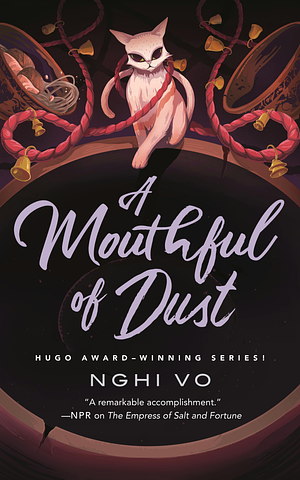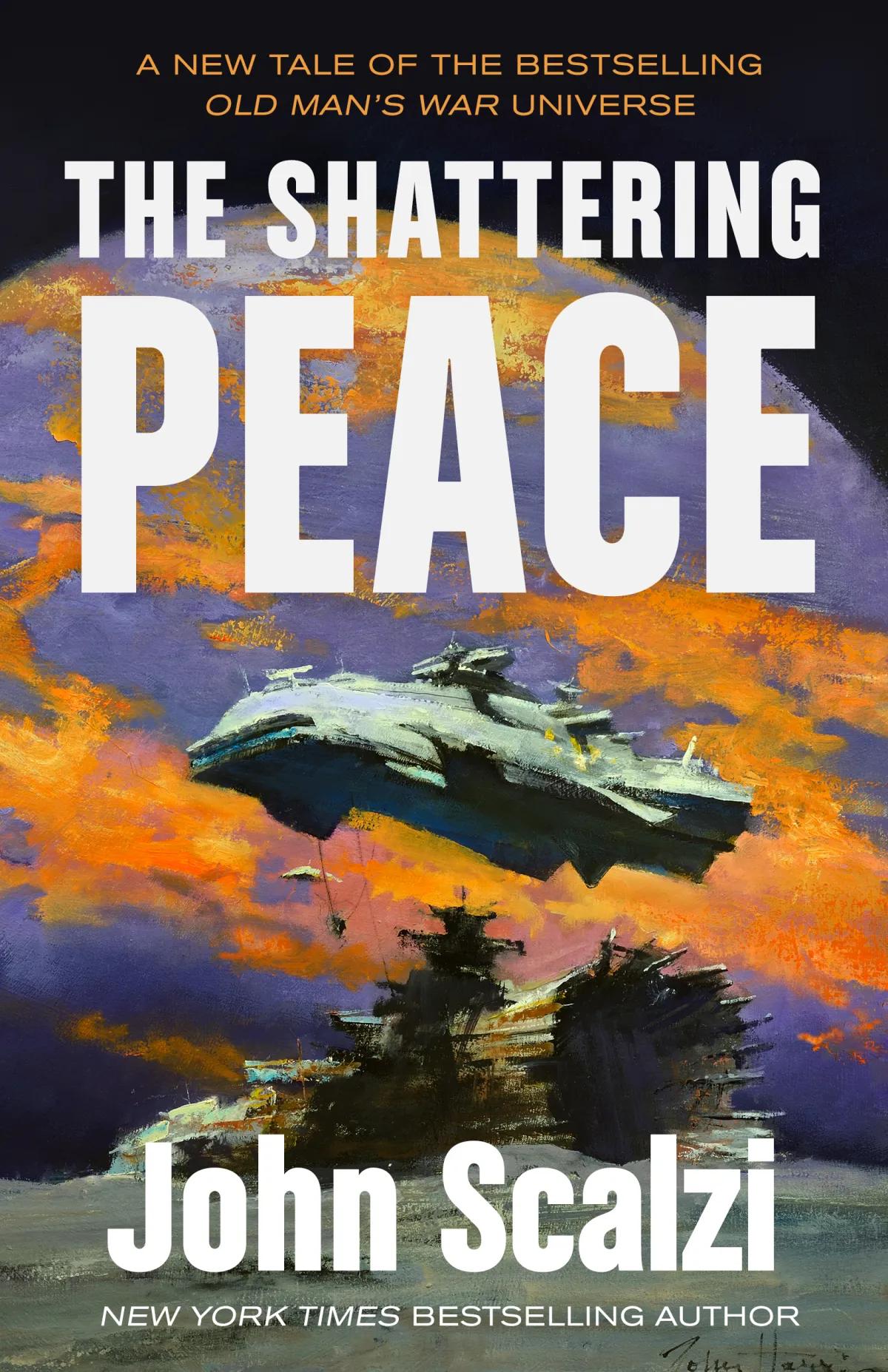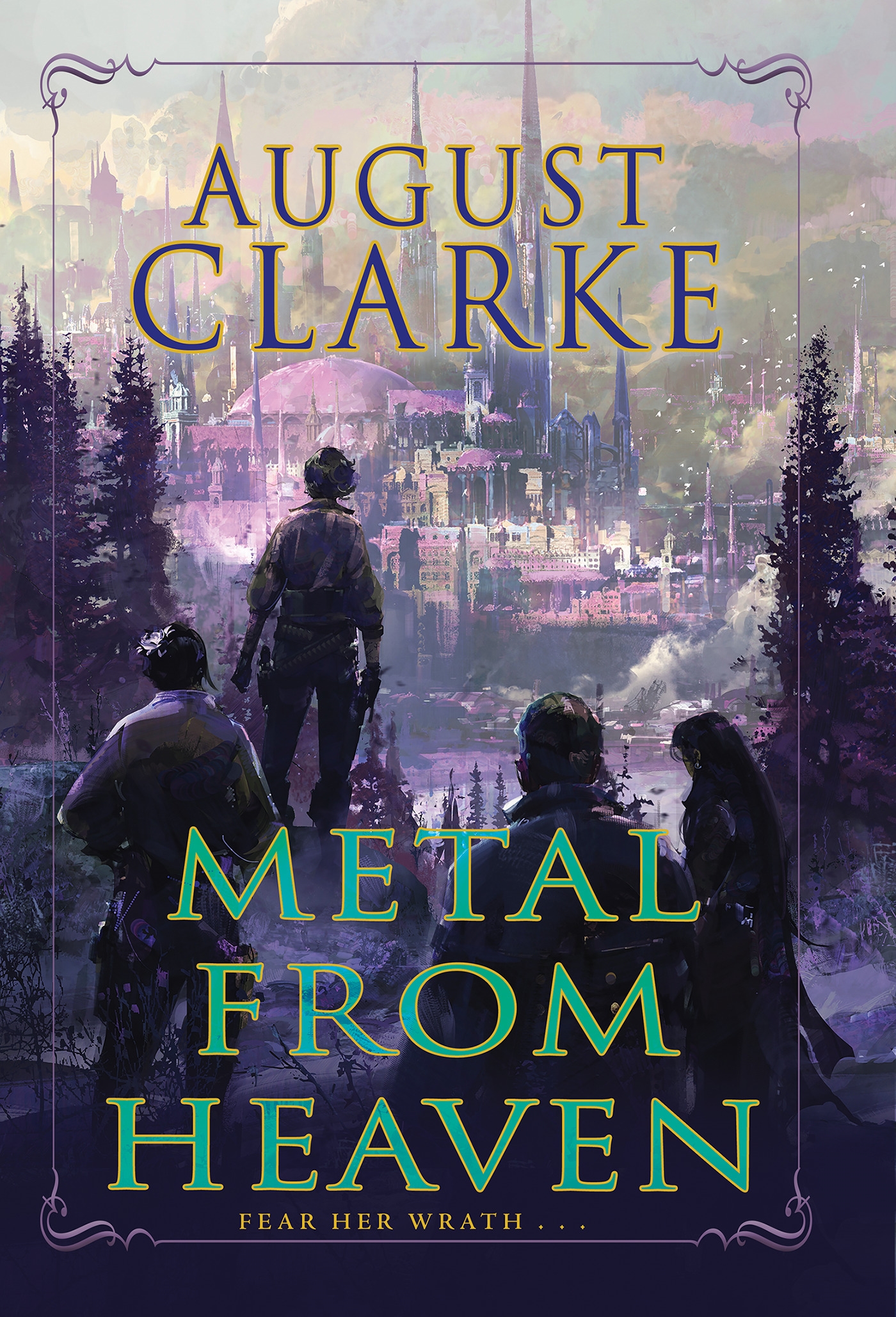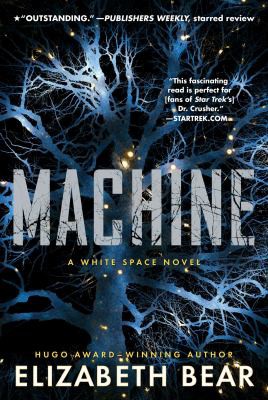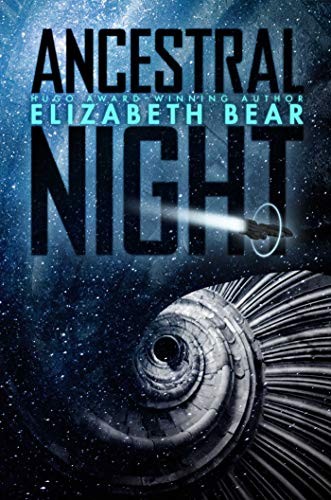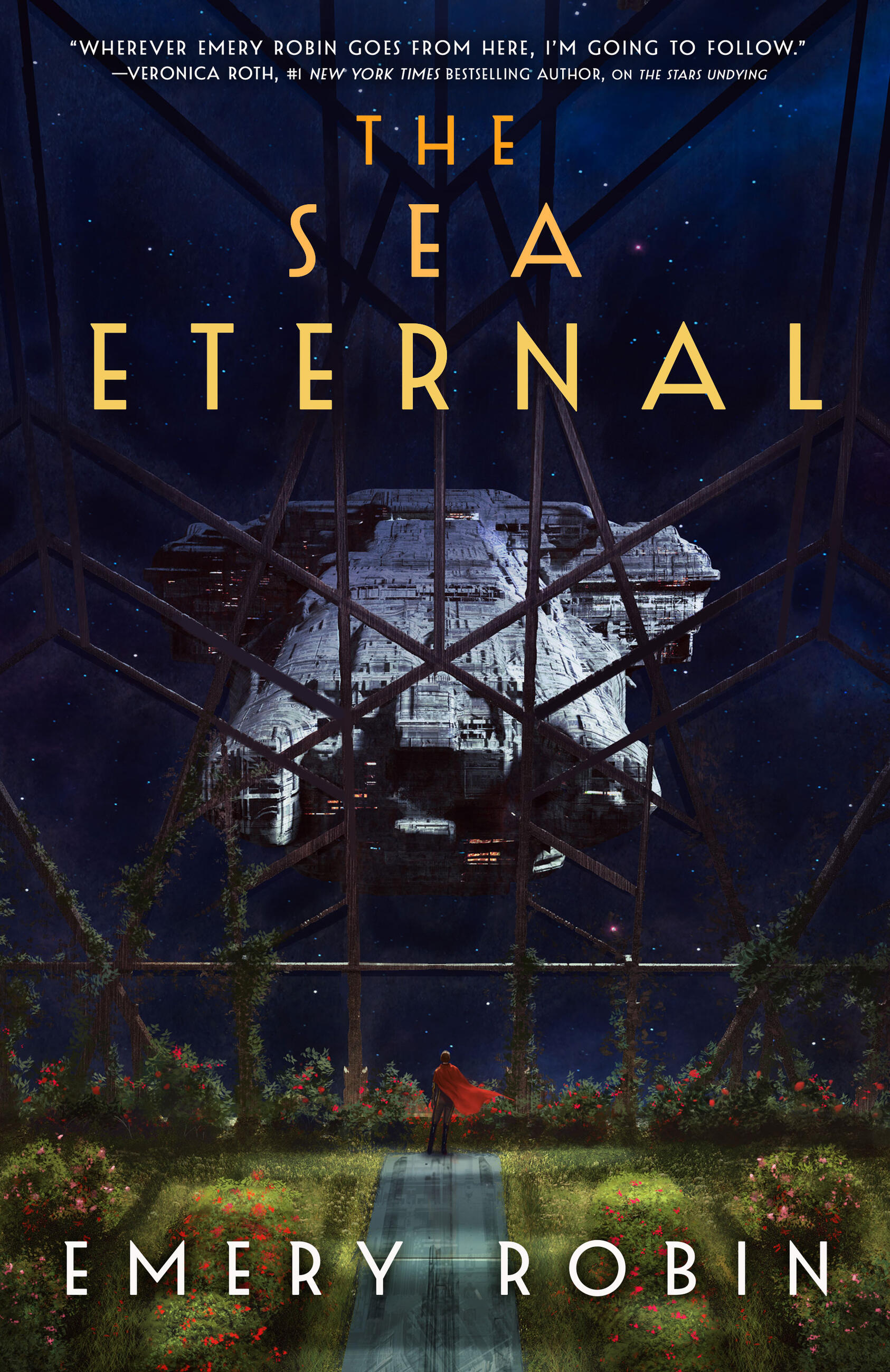No matter how much I liked the first two books, this book was "just ok". I think it just wasn't as philosophical as the first and it didn't have the thematic strength of the second. There were some attempts to tie together metaphor through the family tree but it felt more told than shown for me.
(And to my eye, there were some missed opportunities for connections and depth. So many hooks of ideas that could have connected better: the chives vs baomind mind over distance, human desire for narratives, human tendencies towards binary thinking, or the way humans treat AIs.)
Overall, this is an interesting trilogy of books. Every book has a different protagonist and a very different feeling to it; there's some loose continuity going on, but it's more like a series of different windows into this universe rather than a strong arc plot. It's not what I expected at all.
I mentioned that I felt like the previous book had a bit of a mystery vibe to it, and that continues here. To be clear, I think both of these are "mystery adjacent action" where there's some attempted murders and mysterious goings-on; in both cases, it's there as a way to build tension and not as the main vehicle for the novel or something the reader could solve on their own.
Also, pettily I had some minor complaints which maybe made this book less enjoyable:
This book opens with Sun off on a far away research trip without her wife and kids. I wrote a note to myself at the time: "is every book in this trilogy going to be about absent family?" In this case, no. Sun's wife Salvie surprises Sun by showing up with the kids.
Salvie has some neat backstory of not fitting into the alien gender roles of her species (which we don't hear enough about), and then in practice she's got a single facet: the supportive wife for Sun's problems. Sure, the story isn't about her, but... also... it could be more about her. It's made worse for me that Sun is so often resentful(!) of Salvie, especially around her showing up unexpectedly. Even this point of conflict and resentment felt over very quickly and not processed very thoroughly. (It should also be noted that Sun left the kids that she didn't want to take care of with Salvie to do full-time parenting for five years.)
And that sort of leads me into the other point, is that maybe I just didn't enjoy Sun as a main character? In a world full of rightminding, Sun felt incredibly emotionally immature and deregulated. Their interaction with their kids felt like a very trope-y arc, especially with her feeling paranoid and overprotective. (If her behavior towards her children had tied in more clearly to her backstory about hab failure trauma, maybe this would have felt more nuanced?)
Finally, the main nemesis figure (Vickee Devine) felt quite flat. It was INCREDIBLY funny for Sun to bring up this long-time academic and personal rival, only to have said rival's entrance be showing up piloting a spaceship (surprise ferrying Sun's wife and kids) and then doing some hot shot flying during a pirate skirmish to save Sun. Overall though, I was expecting more of a twist or some nuance with her character. In the book there was even a direct nod to Malka Older's narrative disorder and the bias that Sun feels towards Vickee and tries to ignore, which felt like an opportunity for some other story to be told here; in the end it seemed to be exactly what it said on the tin.
